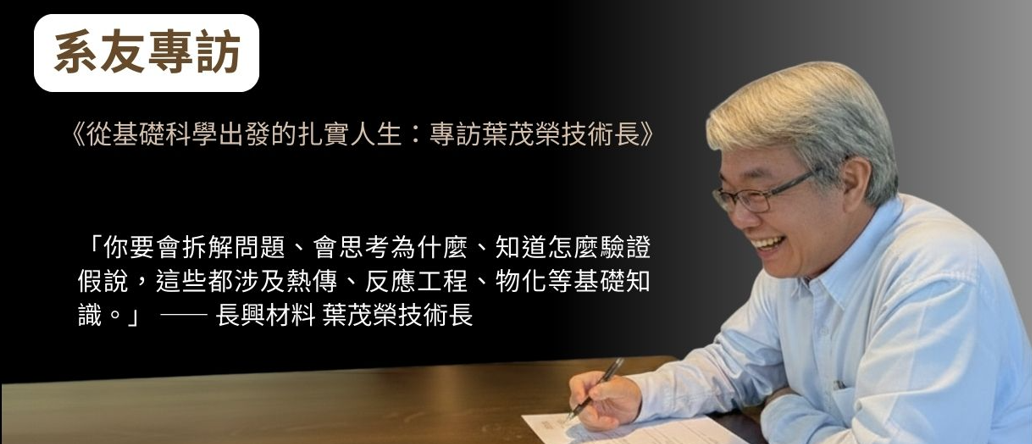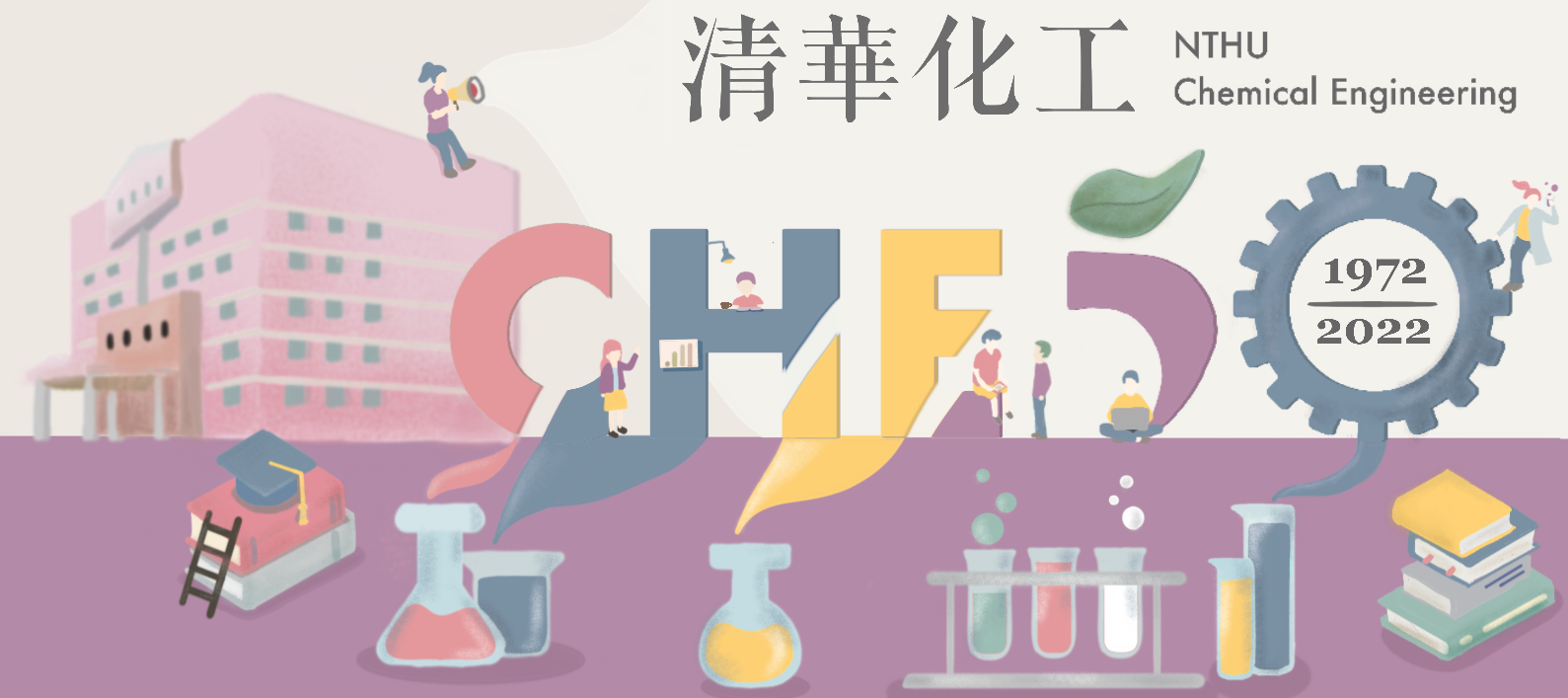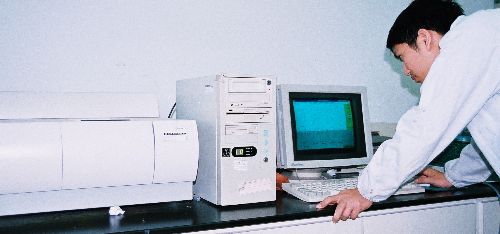About Us
The Department was founded in 1972 as the Department of Industrial Chemistry with a graduate program. In 1978, the Polymer Research Institute was established. In 1980, the Department was renamed the Department of Chemical Engineering. In 1984, the Polymer Research Institute was merged into the Department. Presently, there are 23 full-time faculty members in the Department with an enrollment of 220 undergraduate, 150 M.S., and 100 Ph.D. students.National Tsing Hua University enjoys the reputation of a democratic spirit and highly scholastic environment. Consequently, the Chemical Engineering Department has developed a unique democratic tradition. We made great efforts to modify the curricula and to extend our research beyond traditional chemical engineering areas. The number of required courses has been significantly reduced and specialized programs are introduced, aiming to provide flexibility to help students develop their own initiatives, and accommodate new challenges in a constantly changing high tech environment. Our faculty members have actively engaged in advanced research areas such as advanced materials, advanced process technology, energy and environmental technology, biotechnology, polymer science and engineering.
The 8-story chemical engineering building has a floor space of 12500 m2 and is equipped with the most advanced teaching and research facilities, enabling students to attend classes, conduct research and make friends in a comfortable environment. Since the university is located at the heart of Taiwan's hi-tech industry, we have close collaborations with the Industrial Technology Research Institute, companies in the Science-based Industrial Park, and numerous research institutions. These close ties have provided students good opportunities to cultivate networks for their career development.
The academic excellence of our faculty has been well recognized by international and domestic peers. Our faculty members have received numerous academic awards and honors, including fellows of international academic societies, the Outstanding Research Award of the National Science Council (NSC, currently Ministry of Science and Technology); the National Invention Award and Outstanding Scientific and Technological Worker Award of the Executive Yuan; the National Chair Professorship, Academic Award, and Excellent Industrial Collaboration Award of the Ministry of Education; the Distinguished Academic Award of the Sun Yat Sen Cultural Foundation;the Outstanding Scholar Award of the Foundation for the Advancement of Outstanding Scholarship; the Ho Chin Ty Award of the Ho Chin Ty Cultural Foundation; the Y. Z. Hsu Chair Professorship and Y. Z. Hsu Outstanding Paper Award of the Far Eastern Y. Z. Hsu Science and Technology Memorial Foundation; the KY King Award and Prof. Zai-De Lai Award of the Taiwan Institute of Chemical Engineers, etc. Our faculty members have outstanding performance in research, teaching, and service, with 36% of them ever receiving the Outstanding Research Award of the National Science Council, 35% ever winning the Outstanding Teaching Award of the National Tsing-Hua University, and 23% being incumbent or former presidents of relevant professional societies. The Department has currently has 2 National Chair Professors. The Department’s research performance is as good as that of the top 20 chemical engineering departments in the USA. The department is ranked number 67 in the world in the chemical engineering field by 2016/2017 QS World University Ranking.
Undergraduate Program
The Department enrolls 55 students each year, with a student/faculty ratio of approximately 9:1. The emphasis of training is on “quality”. Each student receives guidance in choosing a training program from his/her faculty advisor and senior students. In addition to regular training courses, the students, through students associations, are encouraged to participate in extracurricular activities such as field trips, Chemical Engineering Week, Summer Camp for future chemical engineers (high school students), etc.
Chemical engineering training programs in recent years have been undergoing critical review and changes all over the world. The Department has made adjustments in training program to provide students with the flexibility in selecting their own fields of interest but retain the unique ability of chemical engineers to analyze and integrate processes. A total of 128 credits is required for graduation.
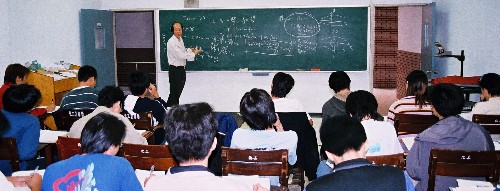
The courses offered to undergraduate are divided into A and B. Group A includes 30 credits of general require courses for all students, 30 credits of required courses for engineering students, and 58 credits of chemical engineering basic courses such as fundamental chemistry, material and energy balance, transport phenomena and unit operation, thermodynamics, reaction engineering, process control and process design. Courses in Group B are chemical engineering selectives. The Department has designed several course packages that contain a series of courses in a specific area. The purpose is to help students to develop their own professional interest systematically. The current packages include: (a)advanced materials, (b)advanced process technology, (c)energy and environmental technology, (d)biotechnology, (e)polymer science and engineering.
In addition, junior and senior students are encouraged to participate in research projects supervised by the teaching staff. Moreover, students have the freedom to choose a special program, a minor or a second major from other departments according to the regulations set by this University.
M.S. Degree
|
Our M.S. program emphasizes on teaching students how to solve research problems with proper thinking and techniques and improve their writing and presentation skills. The M.S. program admits about 73 students each year. Students with B.S. degrees in Chemical Engineering can be admitted by application, or by taking a written entrance examination on the following subjects: (1) Transport Phenomena/Unit Operations, and (2) Chemical Engineering Thermodynamics/Reaction Engineering. Students holding B.S. degrees other than Chemical Engineering (e.g., Physics, Chemistry, Biochemistry, Biology, Food Science and others) are all admitted via application processes . Graduate students admitted to the Interdisciplinary Molecular Engineering program may also choose our faculty members as the thesis advisor. |
|
Students admitted to the M.S. program must complete a total of 24 credits and a research thesis. Students are required to sign up a thesis supervisor within ~3 weeks of the first semester. A professor may supervise 1 to 4 new M.S. students each year. There is no particular restriction on students’ course work. A thesis research proposal has to be presented to a committee consisting of three faculty members at least 6 months prior to graduation. When the student completes his/her thesis, he/she must take a final oral examination. The examination committee is composed of 3 to 5 qualified members. It normally takes 2 years to complete a M.S. degree.
PH.D Degree
Our Ph.D. program emphasizes on cultivating students’ ability to create and develop research topics, organize research, present and publish results and improve their language skills. Applicants should have the equivalent of an M.S. degree from a university or college accredited by the Ministry of Education (including foreign institutes). About 18 students are admitted each year, including 15 full-time and 3 part-time students. Additionally, top undergraduate and M.S. students are encouraged to apply for direct enrollment into the Ph.D. program. The admission is based on a review of applicant’s past achievements and an oral interview. Students must sign up with a research advisor before the end of the first academic year.
Students that already have a M.S. degree are required to complete a minimum of 18 credits of course work, of which 9 credits must be offered by our Department. Students who only have a B.S. degree are required to complete a minimum of 30 credits of course work, of which 12 credits must be offered by our Department. All students are required to take 4 or more credits of thesis research and 4 credits of seminars.
Students also must take Ph.D. qualifying examination curriculum divided into 4 systems: (A) Transport Phenomena & Unit Operation System, (B) Chemical Engineering Thermodynamics System, (C) Chemical Reaction Engineering System, (D) Principles of Chemical Engineering System (Only for students who do not major in Chemical Engineering). Students who major in Chemical Engineering must pass at least 2 systems among (A)(B)(C), and students who do not major in Chemical Engineering must pss syetem (D). All students must orally defend their proposal within 3 years of admission.
After completion of the Ph.D. dissertation, the Ph.D. candidate must defend the dissertation in public. The examination committee consists of a minimum of 5 members, among them at least 1/3 must be of external affiliations.
Teaching and Research Facilities
The Department has well-equipped unit operation, process control, pollution control and instrument analysis laboratories for teaching purposes. PC and workstations are common computation tools in individual laboratories. The National High Speed Computer Center in the nerby Science-Based Industry Park furnish high end supercomputers and software for mass computation.
The research interests of our faculty members are diversified and many research instruments have been acquired over the years. A partial list of research instruments with value exceeding NTD5,000,000 is given below.
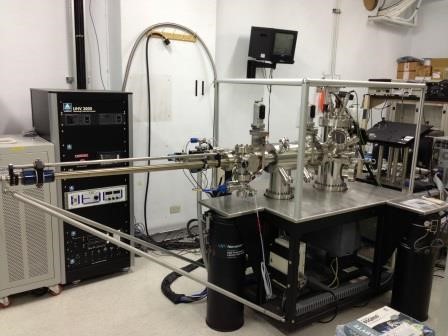
UHV-STM, UHV-AFM
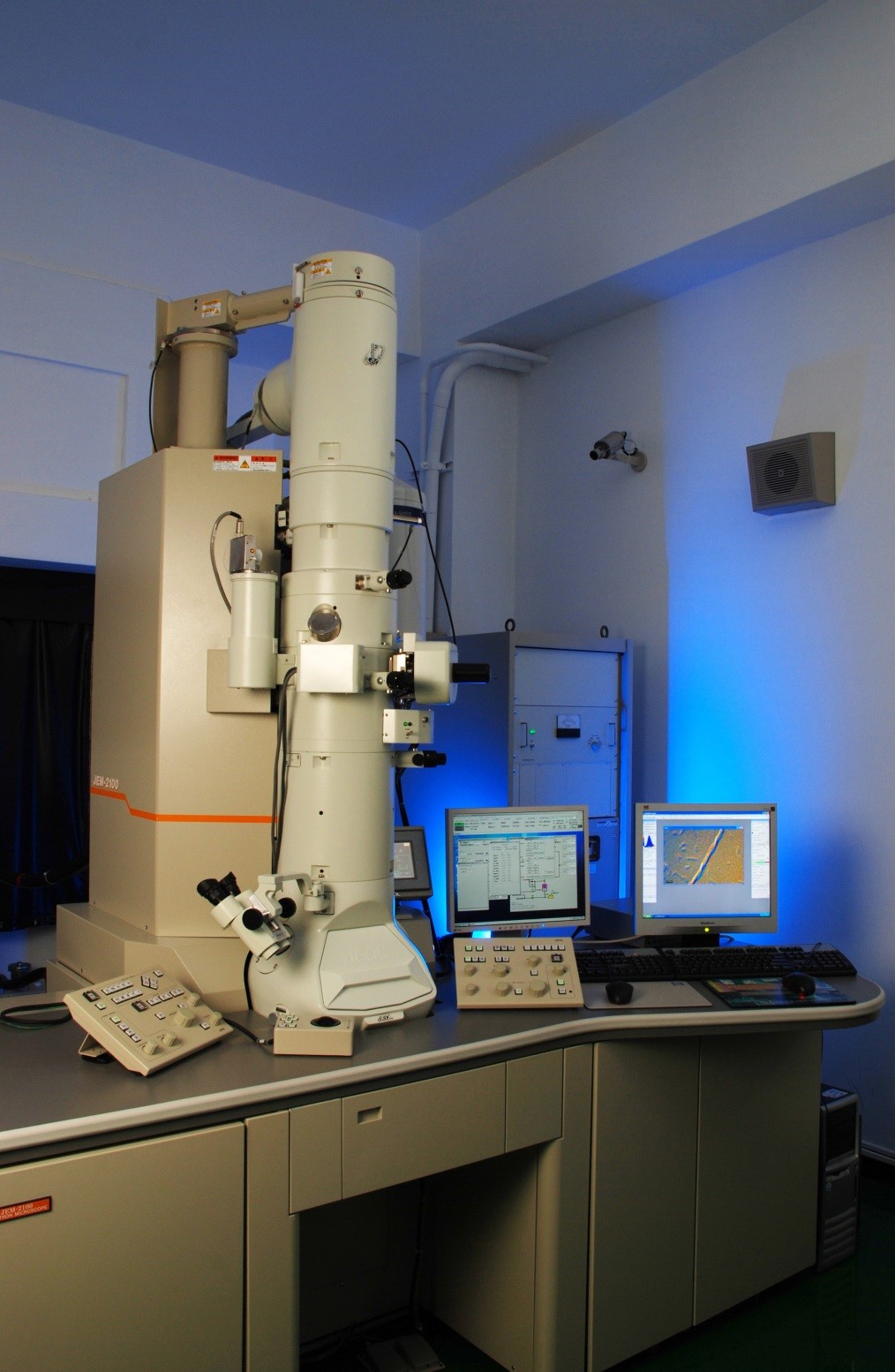
JEM-2100(HT) 200KV Electron Microscope
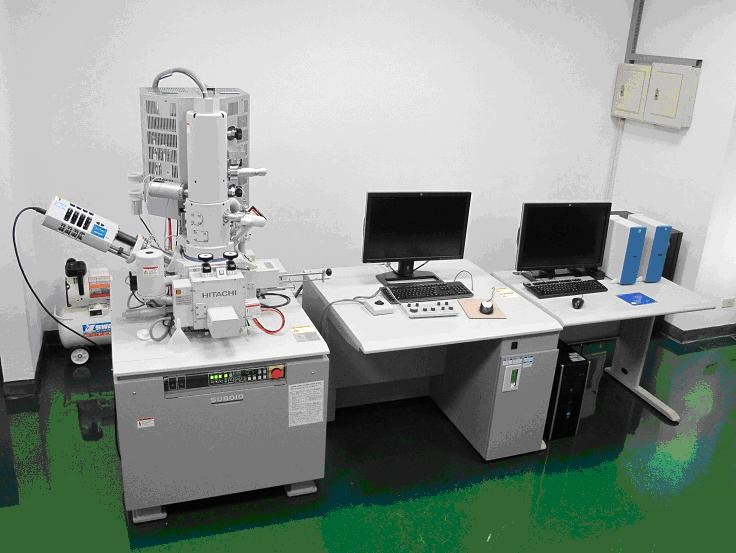
Scanning Electron Microscope



